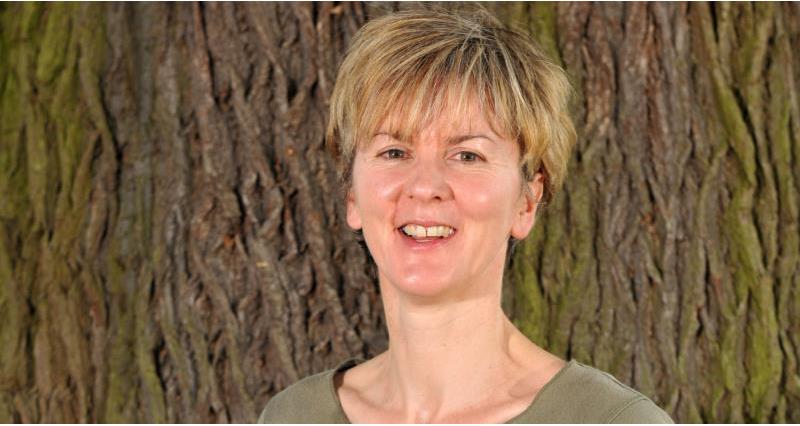This is the most significant international environmental treaty since the 1987 Montreal Protocol on ozone-depleting chemicals. It sends out an immediate signal to business, fund managers and investors worldwide that fossil fuel projects are likely to become stranded investments, and that fast-moving disruptive technologies like solar, wind power, energy storage and bioenergy are the preferred means of meeting future world needs.
The measures agreed include:
- To peak greenhouse gas emissions as soon as possible and achieve a balance between sources and sinks of greenhouse gases in the second half of this century
- To keep global temperature increase "well below" 2C (3.6F) and to pursue efforts to limit it to 1.5C
- To review progress every five years
- $100bn a year in climate finance for developing countries by 2020, with a commitment to further finance in the future
Key agricultural issues in Paris agreement
The NFU is pleased that the efforts of the international farmers’ constituency over the past seven or eight years to make agricultural production part of a comprehensive climate agreement have been worthwhile.
‘Food security and production’ were mentioned in the COP21 chairman’s summing-up in Paris on Saturday morning, and the terms ‘food security’ and ‘food production’ both made it into the final Paris Agreement:
- The agreement “recognises the fundamental priority of safeguarding food security and ending hunger, and the particular vulnerabilities of food production systems to the adverse impacts of climate change.”
- In Article 2.1b, the purpose of the agreement, it states an aim to strengthen the global response to the threat of climate change by “increasing the ability to adapt to the adverse impacts of climate change and foster climate resilience and low greenhouse gas emissions development, in a manner that does not threaten food production.”
Global response
Farmers, men and women, from all over the world – from Canada, Argentina, Brazil, Mexico, Paraguay, Jamaica, St Vincent and Grenadines, Denmark, Ireland, UK, France, Germany, Finland, Tunisia, Chad, Uganda, Malawi, Rwanda, Zambia, Zimbabwe, South Africa, India, Cambodia, Philippines, Indonesia and New Zealand – came together and reached agreement.
From an agro-ecological producer in the Philippines with half a hectare to a Canadian from Ontario growing no-till wheat/soya/corn, we were unanimous in the statement which we delivered to the world’s leaders.
